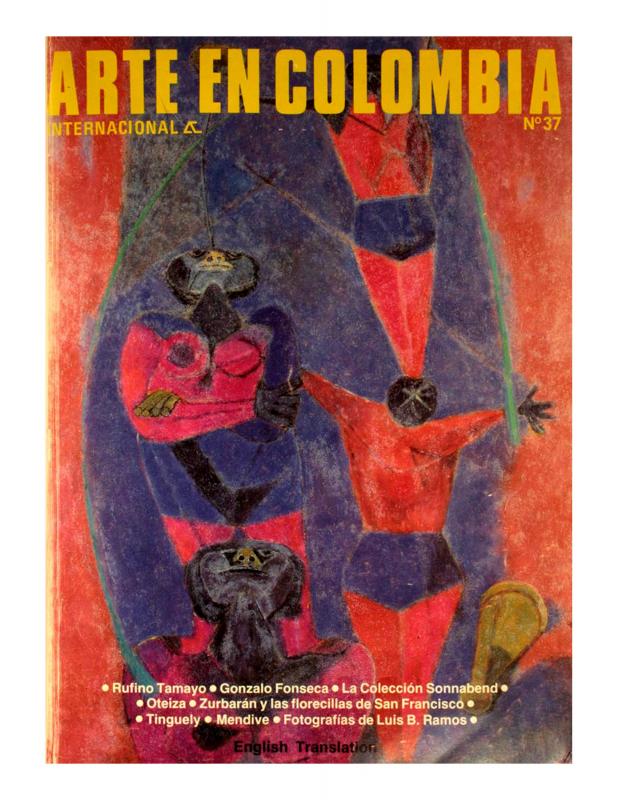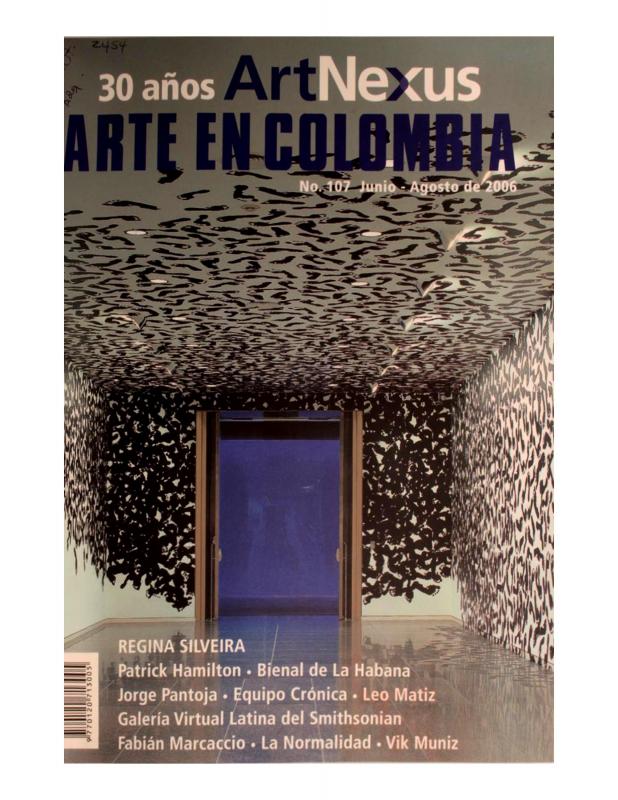This document is relevant because it expresses the opinions of the well-known Colombian photographer Abdú Eljaiek (b. 1933) regarding his “photographic practice,” understood here as an ethical and aesthetic exercise that lasts over the course of time. Eljaiek claims that his work is inspired by his cultural (Colombian-Lebanese) heritage and his fondness for Colombia and the influence of his surroundings.
The interviewer, Beatriz Baltodano Esguerra (1924?2009), shrewdly discusses Eljaiek’s work; she refers to his overwhelming concern for detail in the composition of his photographs in which he approaches reality in a manner designed to express a range of human activities. His work clearly reveals his interest in portraying an ethical and aesthetic aspect of Colombian identity. As in the case of the photographers Luis B. Ramos (1899–1955) [see “El lugar y el tiempo en las fotografías de Luis B. Ramos”, doc. no. 1100852] and Eljaiek’s teacher Leo Matiz (1917–1998) [see “Leo Matiz,” doc. no. 1100836], Eljaiek’s work reveals traces of the tradition started by Ramos in terms of the professionalization of photography in Colombia and his nascent interest in urban, rural, agricultural, and industrial subjects.
These days, Abdú Eljaiek is one of the best-known photographers in Colombian art circles. He studied fine art at the Universidad Nacional de Colombia (1951–53) and photography with his teacher Leo Matiz. He has since then established his reputation by receiving a number of local and international awards and by exhibiting his work in Colombia, Poland, the former Yugoslavia, Belgium, and France.


